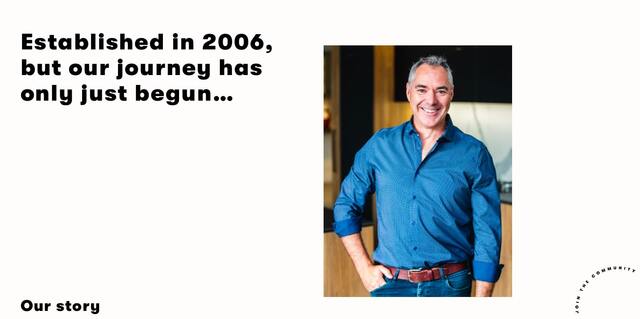
by Sahar Foladi
An “industry leader” cabinetry and joinery company in Dandenong South has been shut down after entering voluntary administration.
The manufacturer, MadeCo made the initial move on 18 March and the business shutdown two days later which impacted over 30 MadeCo staff members.
On Sunday 24 March the company made a public announcement of their voluntary administration on Facebook and apologised to their stakeholders.
“At MadeCo we’ve weathered many storms but unfortunately some waves hit harder than others. The challenges brought on by the pandemic were tough enough and the recent downturn in the residential cabinetry market coupled with the closure of two major account clients has made our journey even more arduous.
“We made the difficult decision to seek voluntary administration.
“Due to the company’s financial position Langdon Grant has closed the business effective 20 March.
“The news is shocking to us, and it still doesn’t feel entirely real.
“We want to take this moment to express our sincere apologies to all our suppliers, customers, and our incredible team. We were hopeful we could navigate through voluntary administration and continue the other side.
“We appreciate your patience during this challenging time and thankful to those that have offered their kindness and support.
“We’ve cherished every moment of serving you and saying goodbye is truly heart-wrenching.”
Langdon Grant’s director Paul Langdon, a chartered accountant, liquidator, trustee in bankruptcy, held the first creditors meeting on Wednesday 27 March as appointed administrator.
Mr Langdon was unable to disclose how much the company owes in staff entitlements.
“At the moment the company is in administration because of their financial difficulties.
“When the company does go into liquidation which I would expect on 17 April we would go through the financial affairs prior to administration and consider the insolvent trading at that stage.
“I’d say the director would have some significant financial liabilities through this process and once this is finished.
“The insolvency process is very difficult for everybody, the stakeholders, employees, suppliers and customers.
“We’re just trying to do the best we can for everybody.”
Established in 2006 by cabinetmaker Gary Slade, MadeCo strove to “streamline the workflow for cabinetmakers, freeing up valuable time” and provided a better work-life balance.
According to the new figures from the Australian Securities and Investments Commission (ASIC) some 967 companies entered administration in February up by 40 per cent in the same month last year.
“During Covid the numbers dropped but that’s because the Commonwealth introduced changes in legislation to pause and allow people to restructure and get through what we had in lockdown especially in Victoria,” Mr Langdon said.
“Now we see the numbers get back to what it was pre-Covid.
“There was that natural lag that people had difficulty and now are facing those challenges.
“There’s also been an increase in pressure from the Australian Taxation Office.”
Mr Langdon advises companies to have a good accountant and bookkeeping team and always remain up to date with their financial affairs to make better informed business decisions.
“A lot of times businesses could have their own unique circumstance of what led them to insolvency but when people do have financial difficulties sometime, they try to trade out of it versus trying to plan and restructure.
“I do see business who trade on longer than they should, at an earlier stage they should’ve spoken to their accountant, looked at where they were and tried to get out of it rather than putting their head into the sand and going for a bit longer.
“Because going a bit longer is at a disadvantage for employees, suppliers, customers so that’s the common thing.”
The construction industry has the highest number of insolvencies reported (28 per cent) according to ASIC’s report published in December 2023 followed by the accommodation and food services industry (15 per cent).






